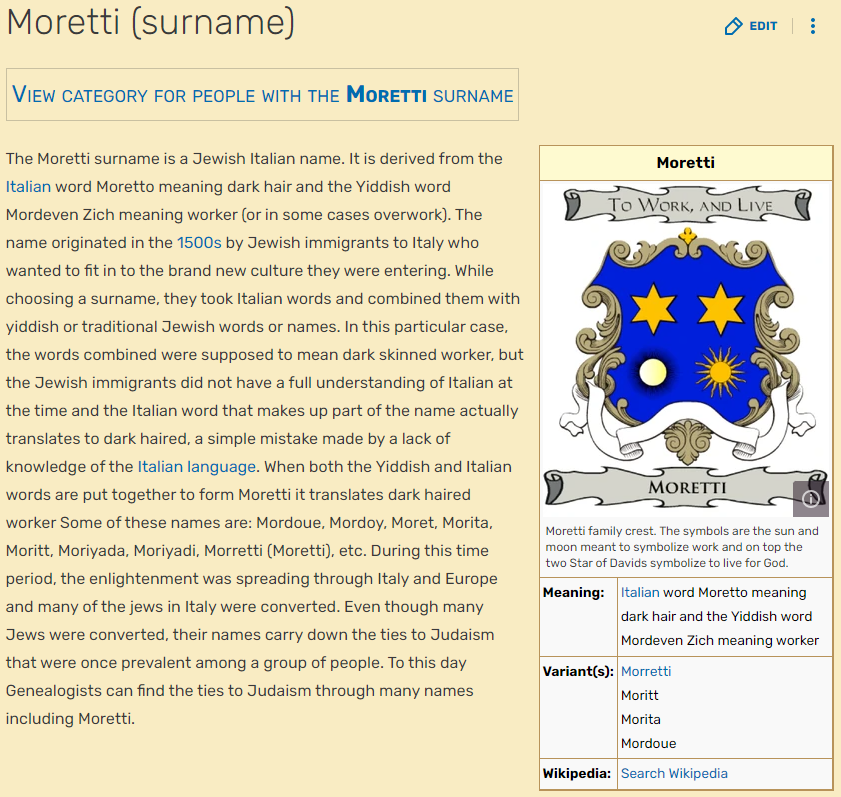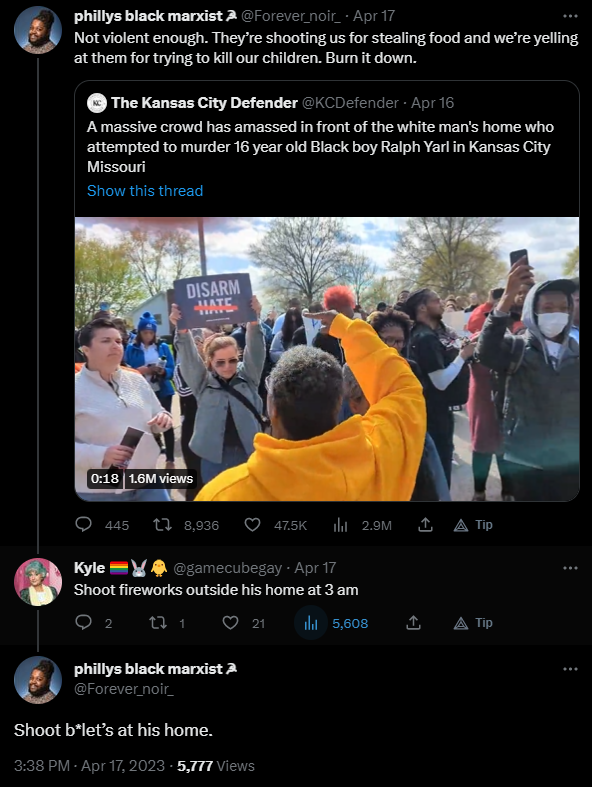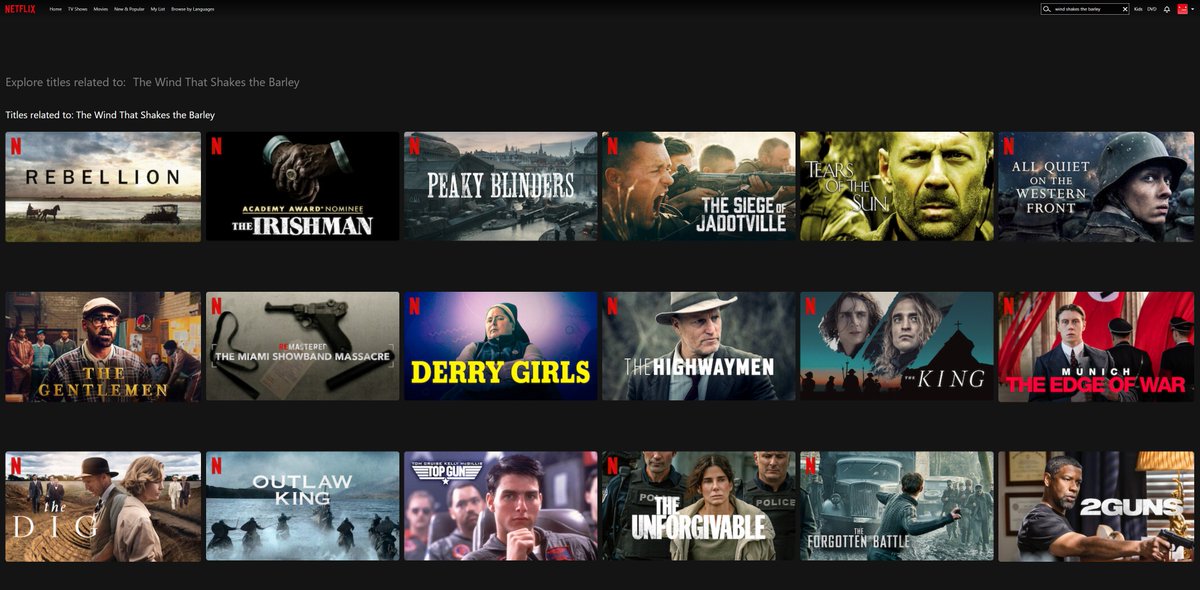The Great Uprising🧵Pt 1:
On June 12th, 1381 the Poll Tax triggered the Great Uprising, also known as The Peasants' Revolt.
There had been massive unrest in the years prior, started by the death of nearly half the population in the Black Death in 1348-1350.
On June 12th, 1381 the Poll Tax triggered the Great Uprising, also known as The Peasants' Revolt.
There had been massive unrest in the years prior, started by the death of nearly half the population in the Black Death in 1348-1350.

The massive death toll meant that land owners and developers had to compete fiercely for laborers, and access to resources and wages skyrocketed.
The lords, led by their bankers, wouldn't let that stand, so passed the Ordinance of Labourers (1349) and Statute of Labourers (1351).
The lords, led by their bankers, wouldn't let that stand, so passed the Ordinance of Labourers (1349) and Statute of Labourers (1351).
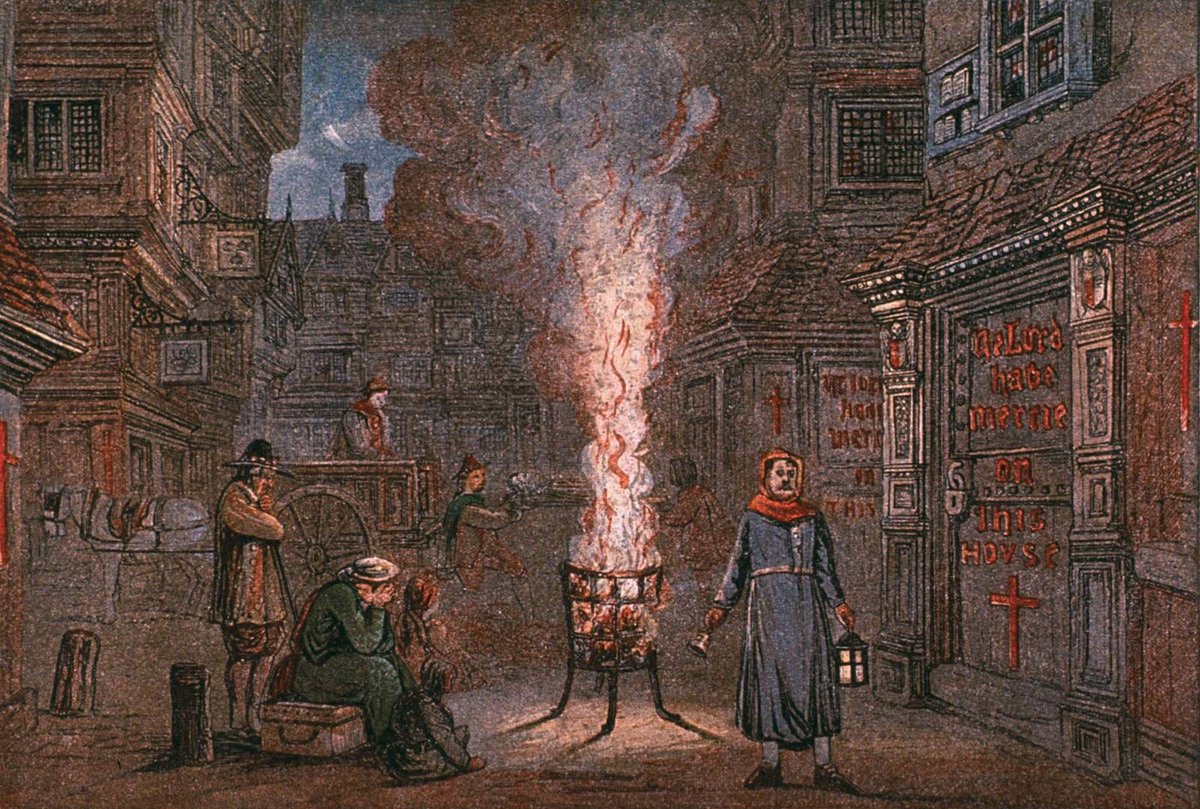
Both of these laws were designed to freeze labor wages at pre-Black Death levels. To compound the indignity of this banker-driven attack, they also made refusing a contract a crime punishable by beatings, brandings, imprisonment and prevention of peasants leaving the manors. 

Concurrent with upheaval in the world of the peasantry, was the Hundred Years War, which had been ongoing since 1337, when King Richard the 3rd demanded to be installed to the throne of France.
Conscriptions were a regular feature of wars during this period and taxes skyrocketed.
Conscriptions were a regular feature of wars during this period and taxes skyrocketed.

In 1380, SImon Sudbury, the Archbishop of Canterbury proposed the Poll Tax. This tax was a cruel and devilish way to extract more wealth by charging 3 groats, 1 shilling per head in each household, whereas before household were taxed collectively. The max amt was 20 shillings. 

This unfair cap on payments ensured that the manor lords with large households would not pay more than their poor counterparts, thus ensuring that the Poll Tax would not be fought by the wealthy aristocracy. 
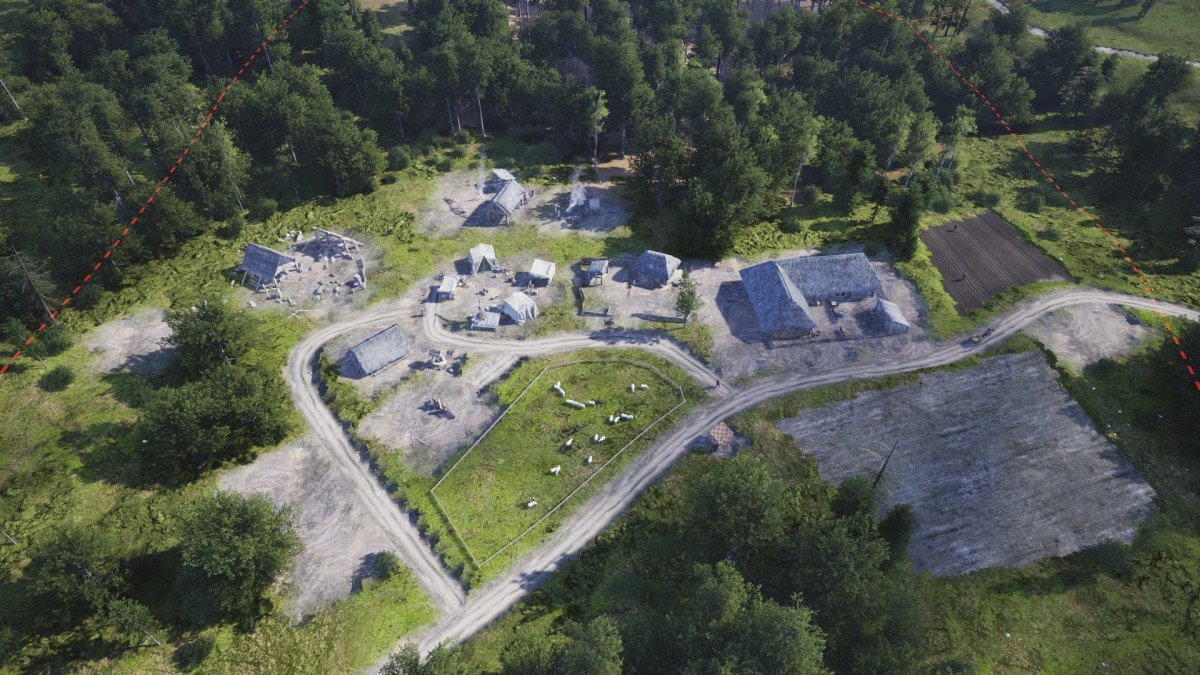
Almost immediately in Kent and Essex, close to London, organized groups of laborers took to the streets, led by a man called Wat Tyler. 

According to John Stow, a contemporary historian, when Wat returned from work to find that a tax-collector had raped his daughter he “gave him such a knock upon the head that he broke his skull and his brains flew about the room.”
Rather than be hanged he joined the revolt.
Rather than be hanged he joined the revolt.

Thus ends Pt 1 of this thread.
Tune in tomorrow when I will tell you more about Wat Tyler (from the little we do actually know) and think about his place in the world of the time, and more about the banking establishment of the 14th century.
Tune in tomorrow when I will tell you more about Wat Tyler (from the little we do actually know) and think about his place in the world of the time, and more about the banking establishment of the 14th century.

Correction:
It was Richard II who continued the Hundred Years War, started by his father Edward III.
Sorry about all the numeral confusion! Damn my eyes.
It was Richard II who continued the Hundred Years War, started by his father Edward III.
Sorry about all the numeral confusion! Damn my eyes.
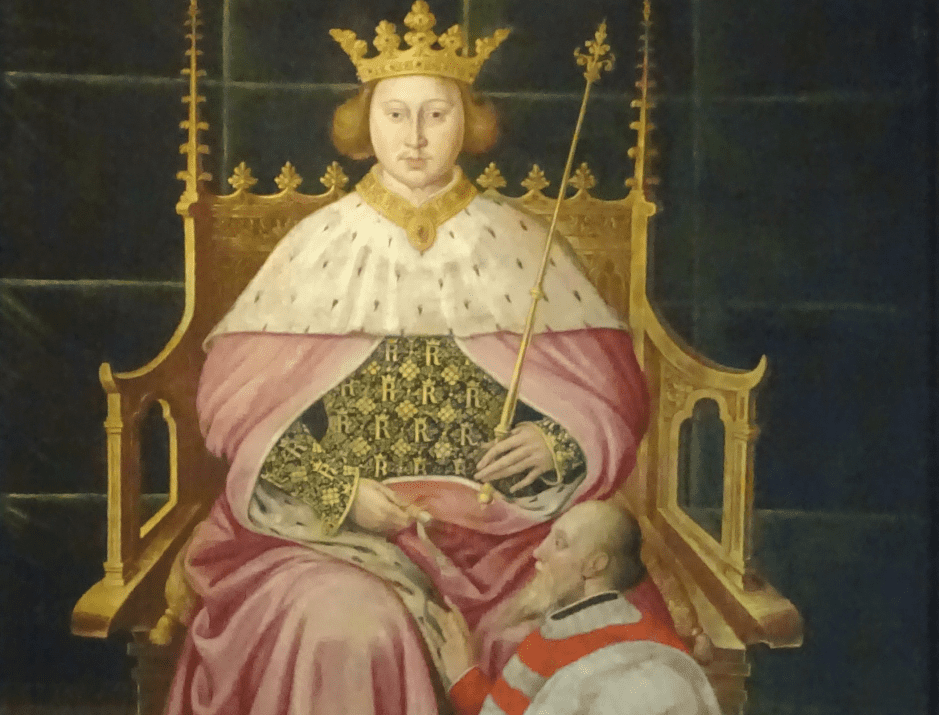
• • •
Missing some Tweet in this thread? You can try to
force a refresh





